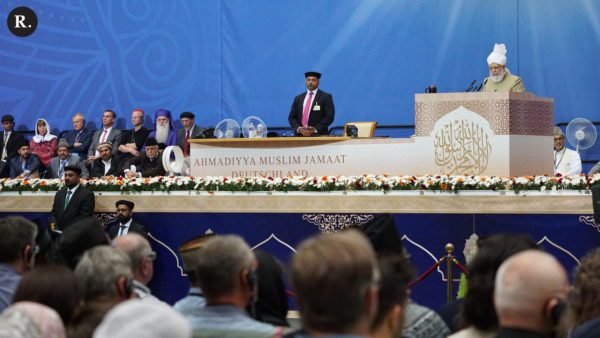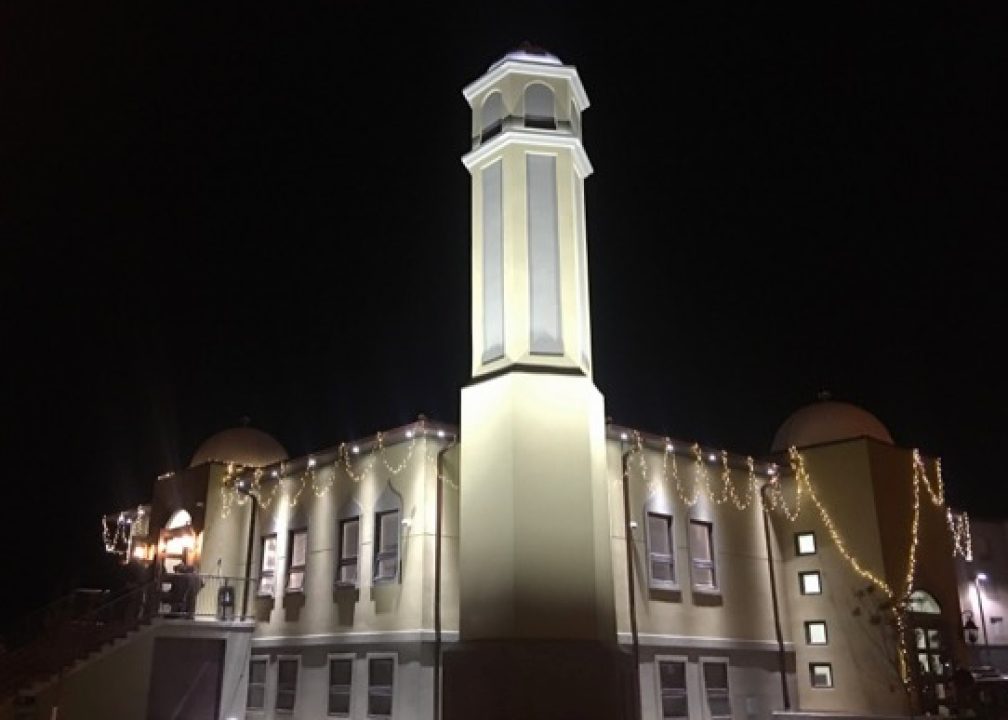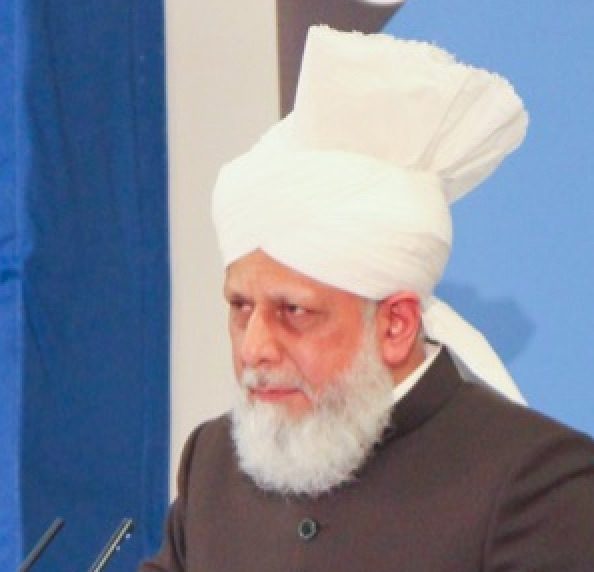And if there is a party among you who believes in that with which I have been sent, and a party who does not believe, then have patience until Allah judges between us. And He is the Best of judges. (Holy Qur’an, Ch.7:V.88)
A short while ago came the shocking news of a conflict between the Tijaniyya and Ahli Sunnah at Ejura, Ghana.
Whether it is in Afghanistan, Iraq or Pakistan or in Nigeria or Ghana, an involvement in any conflict by a Muslim with a Muslim which leads to loss of innocent life or property is sad and must be avoided.
The truth is, violence is not part of the ways of Islam. Allah makes mention again and again in the Holy Qur’an;
Surely Allah does not love disorder.(Ch.2:V.206)
So does the Holy Qur’an educate us to understand that there is order in the creation of Allah, and challenges all mankind to point to any disorder in His creation. So these ways of Allah are what He exhorts His servants – those who claim to submit to Him – to adopt.
The question is, this appears to be very easy, so why can it not be adopted, because this is not what we see in practical terms?
One of the reasons is the arrogation to ourselves the right to judge other people’s faith. Having condemned man as being on the wrong path, we proceed to punish him on the assumption that he is on the wrong path.
In the verse of the Holy Qur’an, Allah tells us that whenever a prophet makes his appearance, it is normal for people to become divided into believers and disbelievers. Those who believe consider themselves blessed because firstly, it is not everybody who has the under-standing to analyse the message and come to the conclusion that the prophet is truthful in his claims.
Secondly, even after it has been determined that the prophet is truthful, there are many hurdles and impediments in the way of those who would want to accept the prophet.
One of them is the pressure of the disbelieving family and the pressure of the disbelieving friends and business associates. The other is the pressure of tradition and custom. So the attitude of the believer should be that of sympathy for the disbeliever, not that of anger.
Sympathy demands that the believer should not threaten punishment because the other has not towed his line.
Sympathy does not entail the harassment, the beating up of the other person or the killing of the other person. What examples has the Holy Prophet(saw) set for us?
When he was pelted with stones in Ta’if, it is recorded in Traditions that the angel of the mountains appeared to him and said: “We are only waiting for your instructions. If you so desire and instruct me, I will destroy the disbelievers by commanding the mountains to collide and crush them in between them.”
What was the answer of the prophet? He said: “No, mine is only to admonish.”
And a time did come when the disbelievers gave up their evil ways and accepted Islam. Then he adopted dialogue. Is it not refreshing to see the Holy Prophet of Islam(saw) discuss religion with Christians and Jews in his own mosque?
And is it not pleasant to hear that he even allowed them – the Christians – to pray in his own mosque?
Today, Muslim Governments refer to those who call them-selves Muslims as non-Muslims! They punish them for reciting the Islamic creed:
“None is worthy of worship except Allah and Muhammad(saw is His Messenger”.
They prevent them from offering their prayers. They prevent them from reciting the Holy Qur’an. They prevent them from performing the Hajj. Shias would go to Sunni mosques and gun down Muslim worshippers while they are in a state of worship and the Sunnis would do the same to the Shias.
If a Muslim sect gets to know that a Muslim of a different sect has entered their mosque, the Fatwa, i.e. edict, is to wash the mosque 60 times before it becomes clean! If this is the attitude of Muslims towards Muslims, you can imagine the attitude of Muslims towards non-Muslims.
The point to stress is, throughout his life, the Holy Prophet of Islam(saw) taught his followers to be tolerant of adherents of all other religions and to consider all Muslims as brethren.
Why have Muslims in our time abandoned these noble teachings of our dear Prophet(saw)?




Add Comment